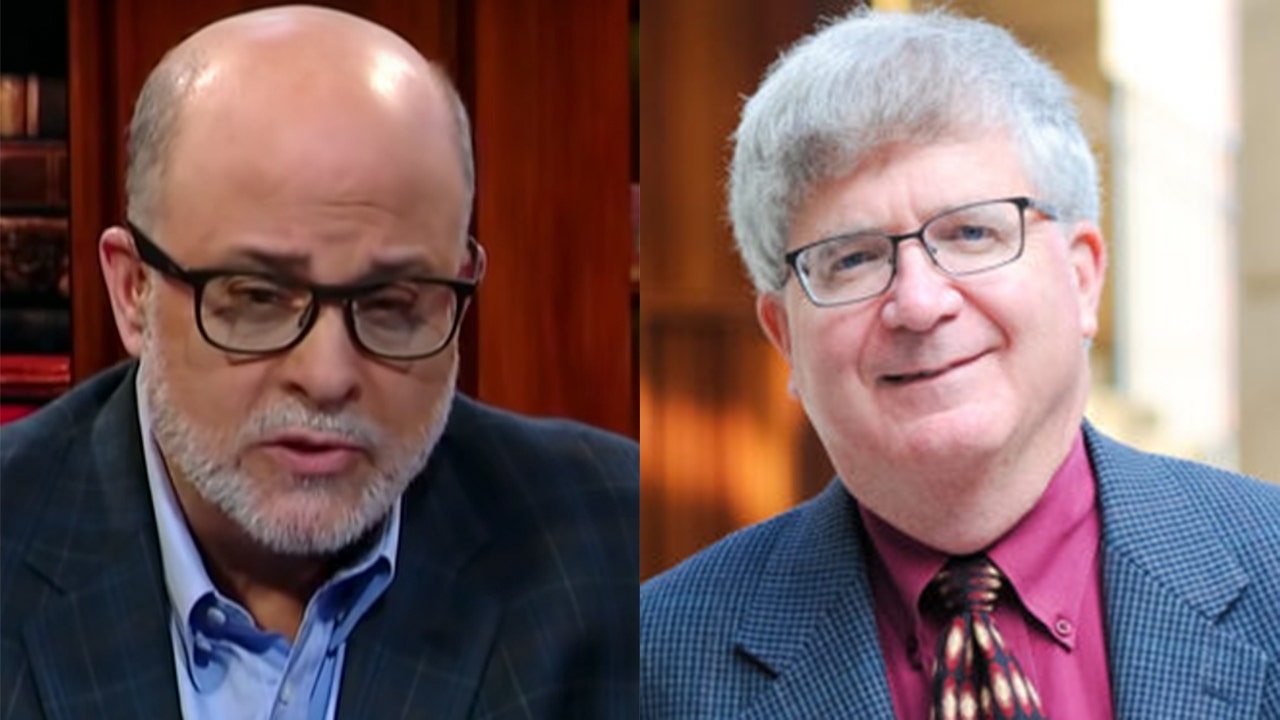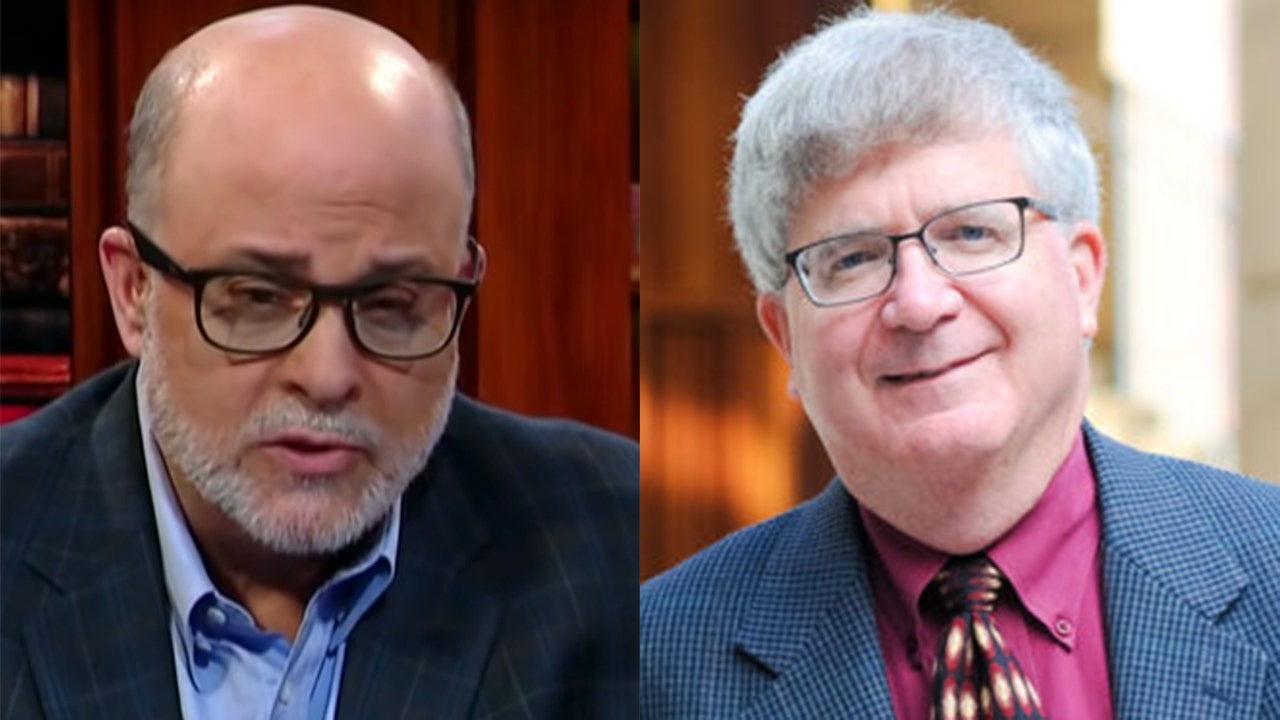

The phrase “separation of church and state” appears nowhere in the Constitution, and the Founding Fathers saw nothing wrong with having religion in American culture, according to an expert.
While Congress is prohibited from enacting a state religion, the founding document says nothing about banishing religion from the public square, Professor Michael McConnell told Mark Levin on “Life, Liberty & Levin.”
“The words ‘separation of church and state’ are not in the Constitution… I think this is a shorthand version of what the establishment clause means,” he added, noting the passage in the Constitution that reads, “Congress shall make no law respecting an establishment of religion, or prohibiting the free exercise thereof.”
SUPREME COURT RULES PEACE CROSS WAR MEMORIAL CAN STAND
“It does have a deep history because there were, in the 18th century, prominent writers who openly advocated for a union between church and state. There’s actually a famous essay by one of the Bishops in the Church of England by that very title.
“And, our framers did not believe in a union between church and state.”
The Stanford law professor continued, adding the founders instead wanted to protect against government “control” of religion and that they did not object to symbols of faith being present in the public square.
“This did not mean that the framers believed that the American people should be any less religious than they choose to be,” he said.
“It didn’t mean that the culture — that there was anything wrong with having religious elements in the culture. What it meant is that we would not have a system in which the government was able to tell us what to believe, was able to control churches, decide what their doctrines, decide who their personnel would be, and so forth.”
McConnell noted the Supreme Court rules on cases challenging the paradigm from time to time.
In a ruling announced this week, the justices decided 7-2 in favor of allowing a peace cross to remain in place on public land in a Washington, D.C. suburb.
SUPREME COURT TOSSES RULING AGAINST BAKERS WHO REFUSED CAKE FOR GAY COUPLE
Residents of Prince George’s County and the American Humanist Association (AHA) had sued to have the cross taken down before the American Legion, whose symbol is also on the memorial, intervened to defend it.
While residents and AHA claimed that the cross memorial violated the Constitution, the Supreme Court determined that factors, including the history of the memorial, support the idea that it is not religious in nature.
“For nearly a century, the Bladensburg Cross has expressed the community’s grief at the loss of the young men who perished, its thanks for their sacrifice, and its dedication to the ideals for which they fought,” Justice Samuel Alito wrote in the court’s opinion.
Alito also noted that while this particular cross does not serve a religious purpose, removing it because it is a cross would be a religiously charged action.
“It has become a prominent community landmark, and its removal or radical alteration at this date would be seen by many not as a neutral act but as the manifestation of ‘a hostility toward religion that has no place in our Establishment Clause traditions,’” he wrote, quoting Justice Breyer’s concurrence in the 2005 decision in Van Orden v. Perry.
The court’s decision reverses the Fourth Circuit Court of Appeals, which ruled that the cross was unconstitutional.
Fox News’ Ronn Blitzer contributed to this report.







